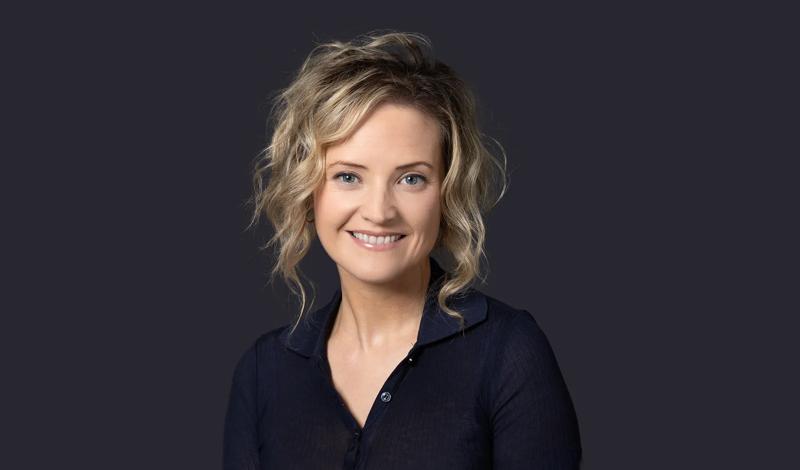It has been nearly five years since the BBC’s investigation uncovered evidence of ‘incredibly poor practice’ across private antenatal scanning facilities in the UK.
The investigation called into question the reliability and safety of private antenatal scanning. As the government launches a national rapid investigation into maternity services across the NHS, it remains equally valid to question the need for improved practice in private maternity care.
What does the medical landscape of private scanning look like now and has anything changed since 2020?
Due to the massive pressures on NHS staff and resources in recent years, sonographers have little time to spend with parents during sonography appointments, and the pressures have only increased in the past 20 years, particularly following COVID-19 and the restriction on partners attending antenatal appointments.
This perhaps partly explains why parents have turned to private scanning facilities with these booming across the UK, but there is a myriad of reasons private scans are desirable. These are seemingly at two ends of a spectrum; for reassurance of fetal wellbeing or for the chance to see the baby in the womb.
What are the risks for expectant parents?
While many parents have benefited from private antenatal scanning services, the BBC investigation in 2020 revealed serious safety concerns, the most concerning of which were misleading scans which failed to detect serious conditions and missed diagnoses, such as ectopic pregnancies and spina bifida.
Other concerns were that Doppler ultrasound was used inappropriately before 12 weeks and unqualified or unregistered sonographers were performing the scans.
Have there been any developments in patient safety since the BBC investigation?
The Care Quality Commission (CQC), working with the Society of Radiographers (SoR) has since provided updated information for parents on their website.
They make the distinction between ‘diagnostic’ and ‘souvenir’ scans, stressing that the latter "are not for diagnosing problems with you or the baby" and that 3D/4D scans should not be used to replace the two routine diagnostic ultrasound scans provided through the NHS. They also require that all private baby scanning services are registered with the CQC.
The SoR published detailed guidance in October 2022 on required competencies for practitioners in private clinics, including recommending having protocols for incidental findings of fetal abnormalities. The SoR updated this guidance in March 2024, to cover equipment, quality management and safety, infection prevention and control and quality assurance and learning. CQC inspectors now use these to monitor clinics.
The SoR recommends that ultrasound practitioners have a CASE-accredited qualification, at least when providing services equivalent to NHS obstetric scans. Another of the recommendations is not to use Doppler for non-diagnostic scans at any gestational age, due to increased output power and subsequent increase in the heating effect on sensitive tissue.
From our experience of how the CQC apply this guidance, a much broader range of expectations than simply the training of sonographers vary depending on the distinction between diagnostic and souvenir scanning.
Providers of souvenir services must take care that efforts to improve their customers’ experience do not unintentionally involve what the CQC would consider diagnostic scanning. This might include offering ‘crown, rump, length’ or ‘femur length’ measurements for more accurate due date estimates. Staff must strictly adhere to the principle of not providing medical views or reassurance beyond identification of a heartbeat.
But concerns remain…
Despite the new guidance, there remains concern about the sector. The Professional Standards Authority (PSA) published findings on 22 August 2024 as to the risks associated with professionals listed on their accredited voluntary registrar, and stated in the case of sonographers:
"the risks appear sufficiently high… to recommend that the UK government should consider whether accredited registration provides sufficient assurance or whether additional regulatory oversight might be needed".
The SoR continues lobbying efforts for sonographer professional regulation.
What are the implications for practitioners?
Given the risks identified, and the publicity surrounding these concerns, the number of claims related to private antenatal scanning has increased.
Indemnity insurance is limited to those under a direct contract of employment and so clinics and their practitioners may need to have alternative medical malpractice insurance. There are various claims that can arise from negligent antenatal scanning, such as wrongful birth and birth injury claims, some of which can be multi-million-pound claims.
Conclusion
The risks associated with private antenatal scanning remain a concern. For expectant parents, these services should be used with caution and their limitations full understood.
For providers, the advice offered by the CQC and SoR should be followed carefully. For sonographers operating at private scanning clinics, it is important to ensure sound legal cover, with adequate medical malpractice insurance.
At Browne Jacobson, we have a wealth of specialist maternity and neonatal expertise and we offer support to healthcare providers as they strive to improve patient care and safety. Our maternity and neonatal expertise spans multiple disciplines, allowing us to deliver a fully integrated service that meets the evolving needs of healthcare providers.
Contents
- Med malpractice matters: September 2025
- The NHS 10-Year-Plan: What healthcare professionals need to know
- New regulations for non-surgical cosmetic procedures
- AI in the healthcare sphere
- Sports medicine: Navigating the legal landscape
- Case focus on the costs risks to defendants in multi-defendant claims

Carl May-Smith
Barrister (Partner)
carl.may-smith@brownejacobson.com
+44 (0)115 934 2024







































